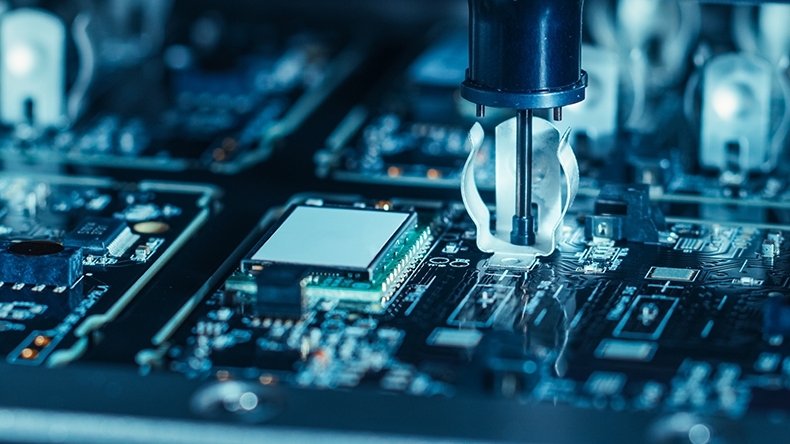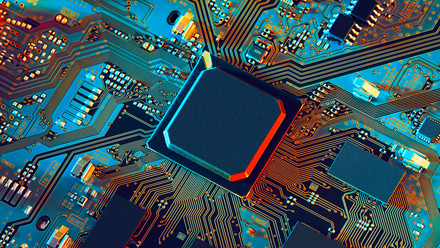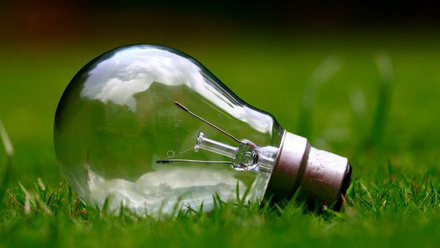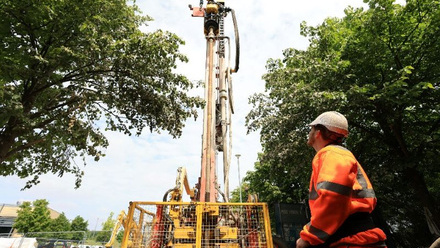IOM3 welcomes Environmental Audit Committee’s report on Electronic Waste and the Circular Economy
IOM3 has welcomed the Environmental Audit Committee’s report on Electronic Waste and the Circular Economy published today and the steps laid out to move from a linear model to a more circular economy for electronics.

Reflecting the written evidence submitted by IOM3, the report highlights the need to better manage electronic and electrical products, components, and constituent materials throughout their full lifecycle, including through sustainable design and adherence to the waste hierarchy.
The Committee calls on government to enshrine a right to repair electronic products in law, including access to repair manuals and affordable spare parts, and calls on manufacturers to ensure products are recyclable and dismantlable, echoing recommendations made by IOM3. The report notes that such measures generate considerable resource savings as well the potential to create new jobs, boost the economy through innovative circular business models and to build resilience by lowering demand for scarce resources while securing supplies of secondary material.
IOM3 has welcomed the report’s focus on the importance of Critical Raw Materials and the vital role they play in the low-carbon transition. Increased demand for these valuable materials for electronics, electric cars, wind turbines, solar panels, healthcare, defence, and aerospace, amongst others, has led to a global race to secure supplies. Mirroring the evidence submitted by IOM3, the Committee highlights the significant environmental and economic benefit of keeping these materials in use and the need to advance work on a National Materials Datahub to track the flow of materials through society.
IOM3 CEO Dr Colin Church FIMMM CEnv MCIWM says, 'Demand for the critical raw materials we need to support our technological society and enable us to address the climate challenge will increase massively in the coming years. Electrical equipment must be kept in useful life longer and then those vital ingredients need to be recovered and put back to use, rather than wasted. The Committee’s recommendations, if implemented by Government, would make a significant contribution to delivering this outcome.'








